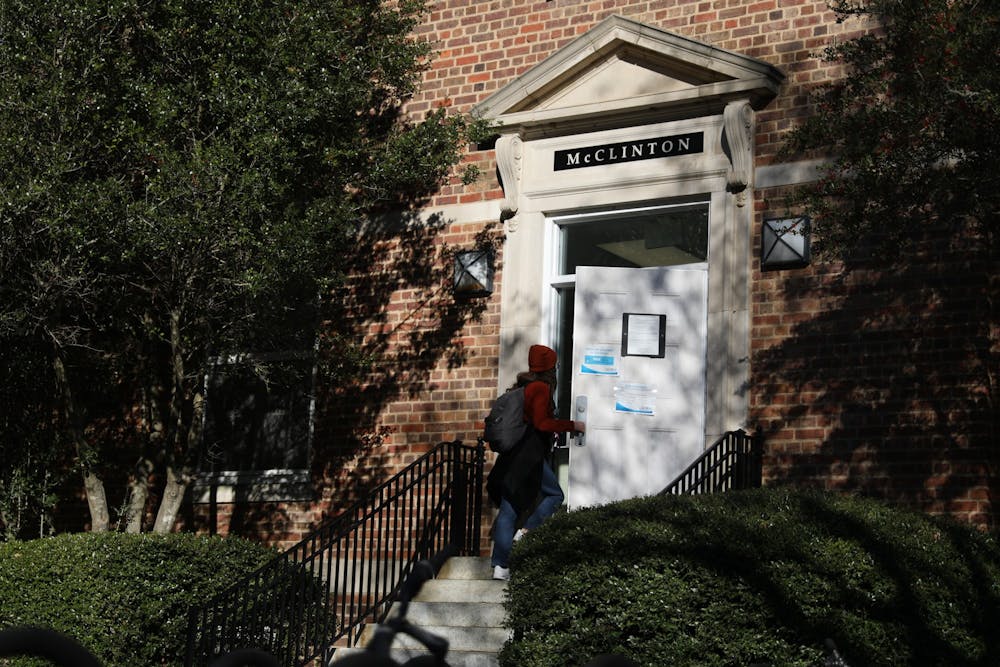In early December, the University announced that it would rename two buildings on campus, previously known as Aycock Residence Hall and the Student Affairs building. These renamings are part of an ongoing effort to address campus buildings with names tied to white supremacists.
The new building names honor two pioneers from UNC history: Henry Owl, the first American Indian student and student of color to attend UNC, and Hortense McClinton, the first Black faculty member to teach and hold a tenure-track appointment at UNC.
“... Both dedicated themselves to public service, to helping other people," history professor Kathleen DuVal said in an email statement. “They embodied the values that we try to live up to here at Carolina and can make us proud to live, study and work in halls that bear their names.”
The Commission on History, Race and a Way Forward selected the buildings for renaming in the summer of 2020. This began the renaming process, which requires names to be submitted by the commission, reviewed by the chancellor and an advisory committee and subsequently approved by the Board of Trustees.
History professor Theda Perdue, one of the faculty members involved in the renaming process, said her past work on campus has included efforts to commemorate Owl's legacy, after learning more about his story during her research and while teaching a Cherokee history course at Western Carolina University.
“I didn’t get very far then (at UNC), but I piqued the interest of a number of people, faculty and administrators and students,” Perdue said. “Over the years, this has just been an idea floating around.”
Perdue said the current renaming was a group effort, involving a member of the Owl family and support from the Eastern Band of Cherokee Indians and the Cherokee Nation.
“To get something done like this, it’s not something one person can do," she said. "It’s something that takes lots of voices and lots of perspectives. It was no one person. It was no handful of people. It was a community of people, from all over the country, who joined in it."
Though Perdue has been pushing for this renaming, she expressed that this action alone did not undo the University’s history.



